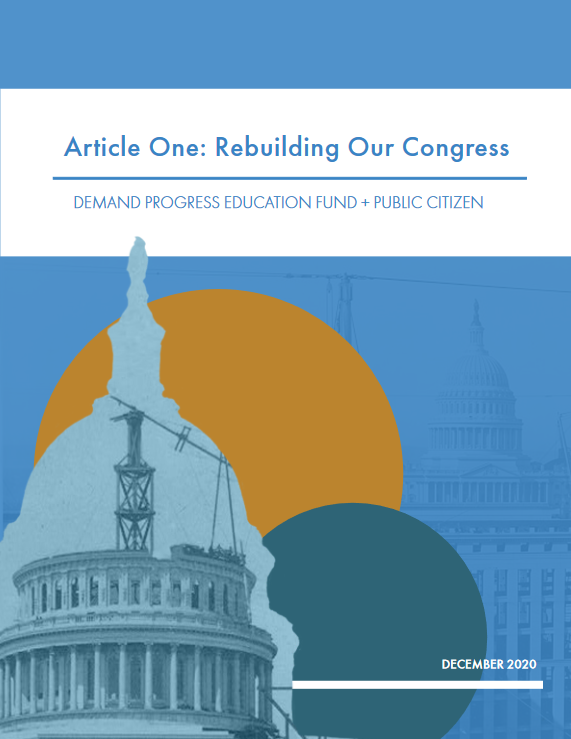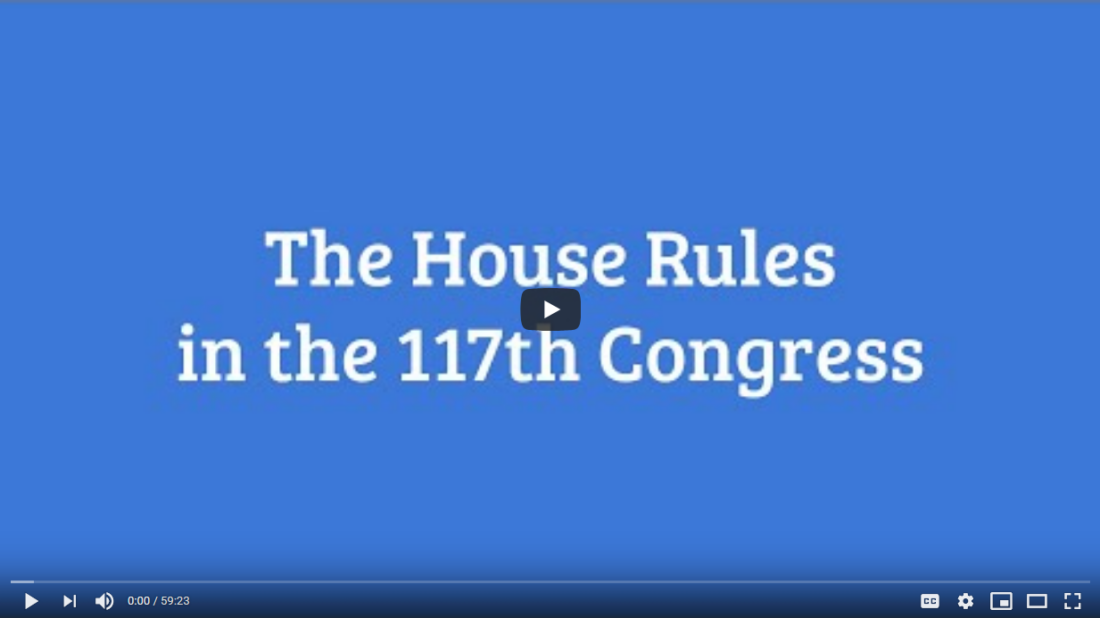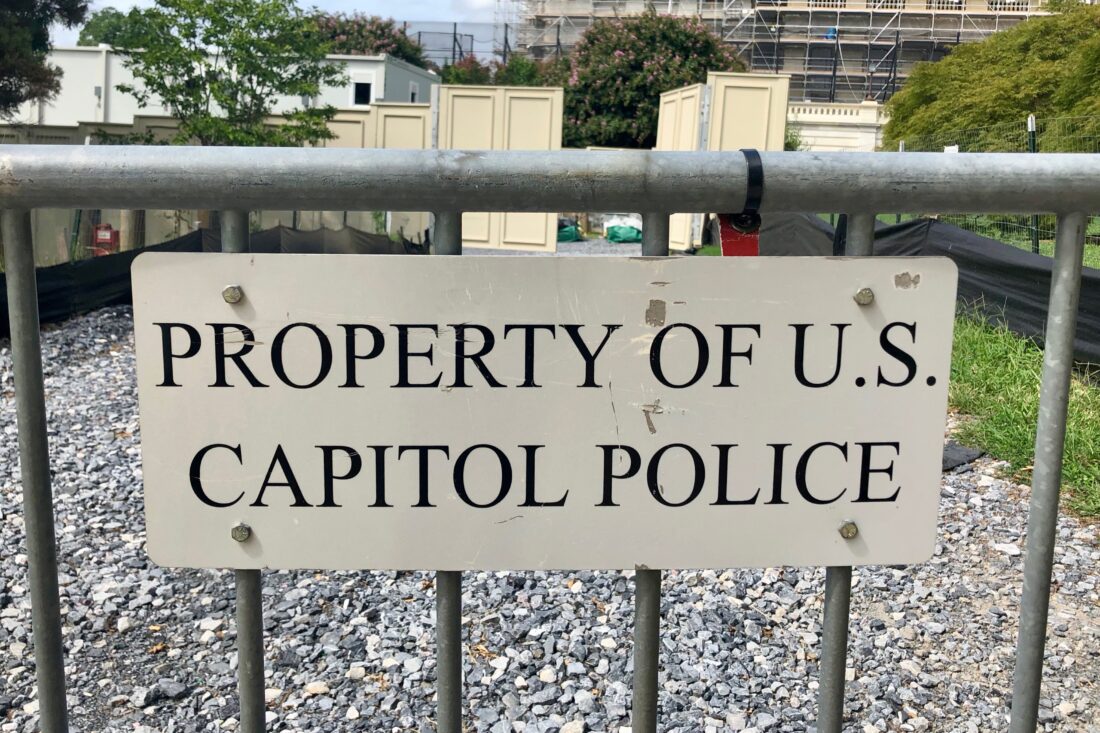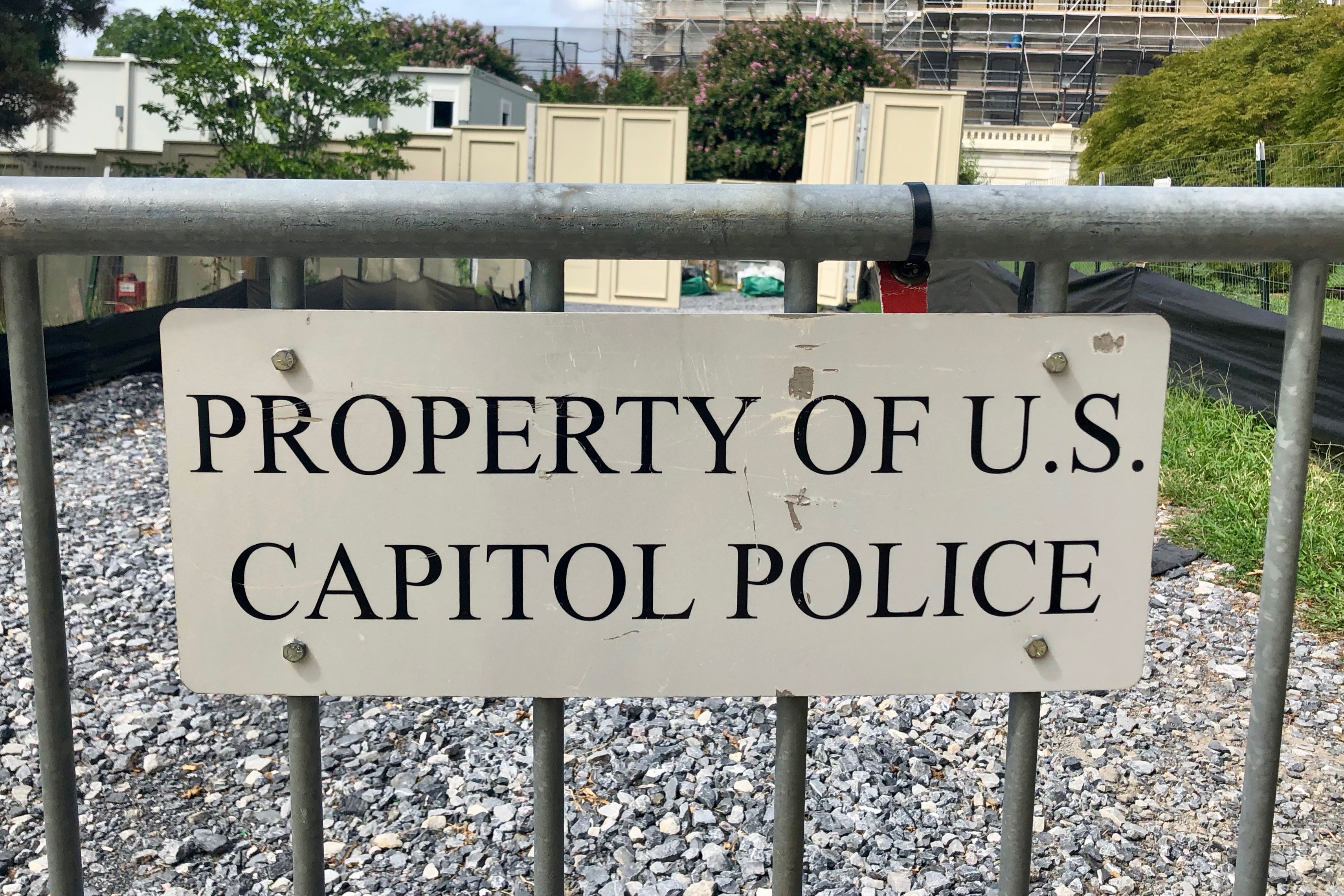THE TOP LINE
The insurrection is not over. The likelihood of violence at federal and state capitals across the country and ongoing organizing by white nationalists means the danger of immediate political violence has not passed even as the national guard and local police forces are on high alert. Meanwhile, the Twitter pundits who tittered that the sacking of the Capitol Building was a mere beer hall putsch have come to acknowledge the attackers were better armed, better organized, and more dangerous than they had ever guessed — and came within moments of decapitating the legislature and murdering the presidential line of succession.
Too many officials in the Republican party, meanwhile, are still giving aid and comfort to the enemies of democracy. Only ten House Republicans voted (232-197) to remove Donald Trump from power. Outgoing Sen. Majority Leader McConnell rebuffed Sen. Schumer’s request to immediately reconvene the Senate, ensuring a removal vote cannot happen while Trump is in office. Sen. McConnell, a political Von Hindenburg who used Trump’s popularity with the base to move his ultra-conservative political agenda, has found his party’s beholdenness to the feckless aspiring autocrat is now imperiling corporate support for his party and slightly slowing the revolving door. Consequently, Sen. McConnell belatedly hinted his openness to Trump’s removal in order to restore corporate support, which is (also belatedly) being cut off to the party and major conservative groups as donors realize the danger to their brands. There’s talk that some Republicans voted against removing Trump out of fear for their physical safety, although many likely were focused on their political well-being; meanwhile Sen. McConnell is using the Trump removal effort to hinder the incoming Biden administration.
The big lie, “stop the steal,” nurtured by many Republicans, is an inversion of reality: the real fraud is the decades-long voter suppression efforts that arise from gerrymandering and efforts to disenfranchise minority, younger, and less wealthy voters. We know this, in part, because we have the secret files of the guy who led this effort. Voter purges, witness intimidation, ID requirements, and gerrymandering are rooted in Jim Crow practices and a long history of American violence aimed at subverting our political institutions. Those who wish to argue #bothsides on this matter need only to consider the 138 House Republicans and 7 Senate Republicans who voted — in the midst of the sacking of the Capitol — to exclude votes by the state of Pennsylvania in determining the presidential winner. The 8 Senate Republicans who voted to ignore the election — Sens. Cruz, Hawley, Hyde-Smith, Kennedy, Lummis, Marshall, Scott, and Tuberville — surely have fellow travelers among their colleagues, such as Sen. Lindsey Graham, who is actively working to undermine Trump’s removal. In the House, Minority Leader Kevin McCarthy’s former boss and mentor, Rep. Bill Thomas, went on TV to excoriate Rep. McCarthy, calling him a “hypocrite” for supporting “the phony lies the president perpetuated.”
There is a direct line between Charlottesville and #bothsides to “stop the steal” and sedition. Members of the mob had maps, weapons, two-way radios, military and police training, and some say they had inside help… including, potentially, from Members of Congress. We can see they were encouraged — some would say incited — to violence: the unhinged rantings of a handful of particularly vocal Qanon-friendly House and Senate Republicans were buttressed and often echoed by leadership. The willingness to physically contest even the most simple rules, such as mask requirements and gun prohibitions on the chamber floor, suggest some members inside Congress are engaged in agitprop, looking to the mob to elevate their political fortunes.
The city on the hill. And so on Wednesday, Pres.-elect Biden will take the oath of office, surrounded by 1,000 supporters, ringed by 20,000+ security personnel, and that morning Trump will flee the crime scene. Various Inspectors General and congressional committees are spinning up investigations of what happened — we joined a panel discussion on this topic on Friday — and the work to repair our democracy will begin even as 7 in 10 Republicans believe his election was fraudulent and those out of power plot for 2022, 2024, and beyond. For our part, we will continue to focus on improving Congress’s ability to do its job, government accountability, and rebuilding our democracy.
Continue reading “First Branch Forecast: January 18, 2021” →



